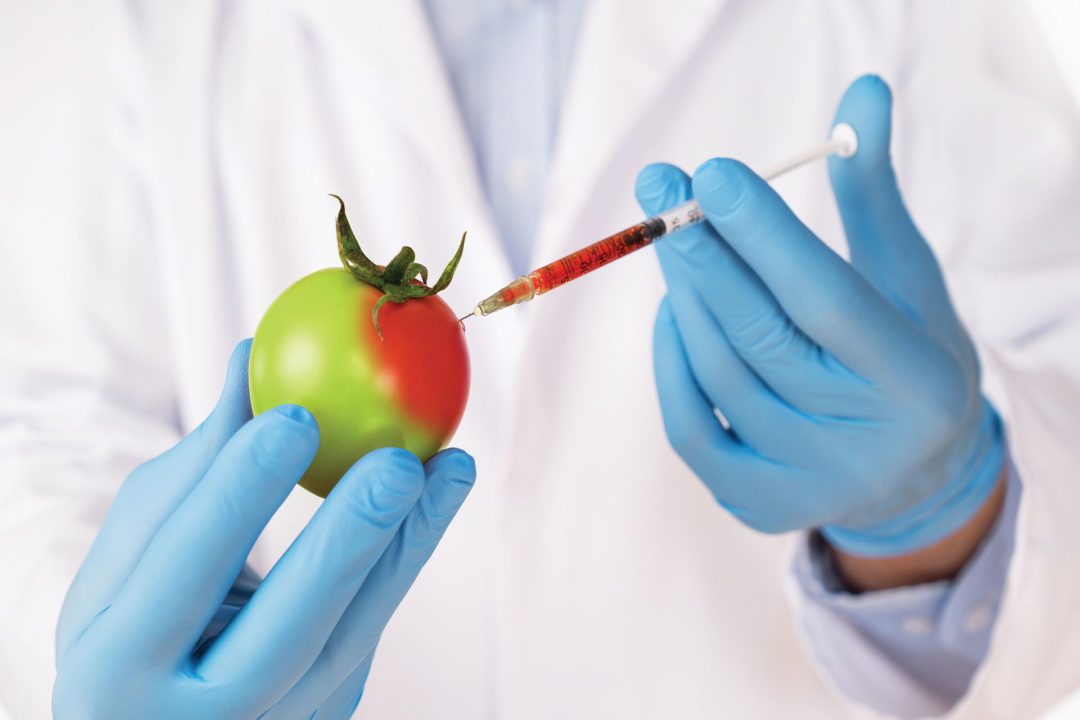The letter was signed by 79 organic farm organizations from across the nation. It strongly opposed any form of genetic engineering entering the organic standard, and expressed opposition to dialogue regarding its possible inclusion. OFA urged the Department to instead build organic by focusing on building healthy soil and addressing the core issues currently affecting the domestic organic market, including stopping organic import fraud, closing certification loopholes, and enforcing current organic standards. Kate Mendenhall, director of OFA, said in the release that “Introducing any dialogue about any form of genetic engineering into organics would be a major distraction for the USDA NOP and the National Organic Standards Board. We have crucial issues in organic agriculture that need the Departments full attention.”
Related: The Earth is on Fire, Literally Beyond Pesticides Forms OrganicEye to Defend Organic Rodale Institute Establishes California Organic Center
During a House Committee on Agriculture Subcommittee meeting on July 17, 2019, the release says, Ibach said: “We’ve seen new technology, including gene editing, that accomplishes things in shorter periods of time than a natural breeding process can. I think there is an opportunity to open the discussion to consider whether it is appropriate for some of these new technologies that include gene editing to be eligible to be used to enhance organic production.”When the USDA was first writing the national organic standards in 2001, the release notes, they tried to allow genetic engineering; the organic community sent in over 400,000 comments demanding its prohibition. Since then, consumer acceptance of GMOs has dropped, while organic food sales have seen consistent growth.










